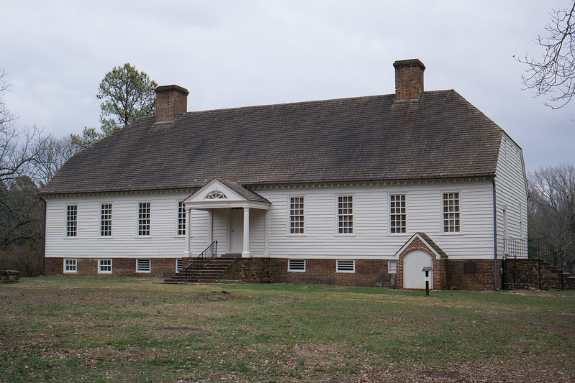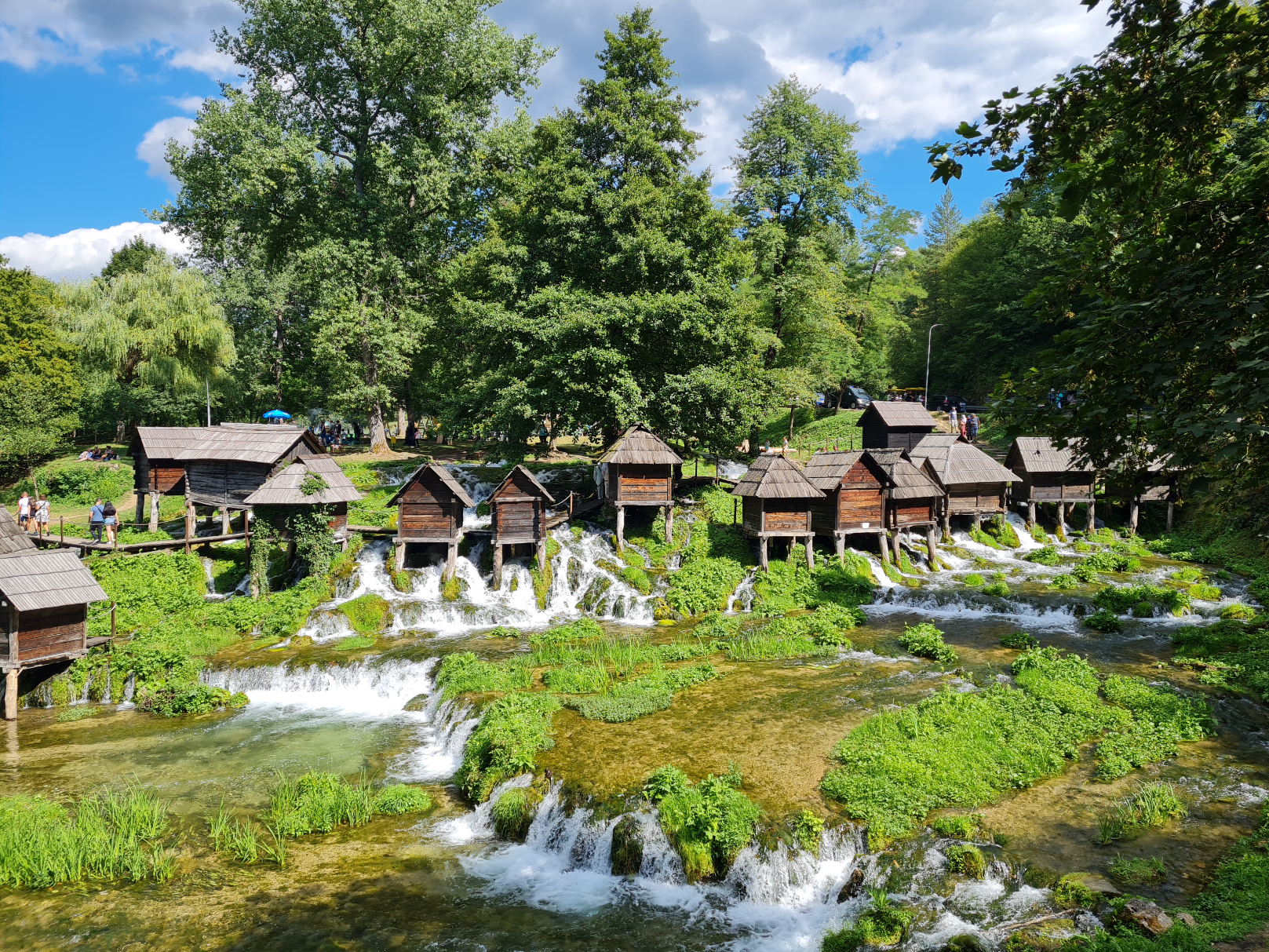2022 Student Internships
Check out these spotlights on our 2022 student internships.
Cameron Fraser - Institute for Development of Freedom of Information, Georgia
The chance to work in a foreign country, meet new people and integrate in a new culture has been an incredible opportunity. Working predominantly with the Memory and Disinformation department has enabled me to expand my knowledge of Georgian history and political figures. My primary role has been proofreading and editing a range of documents from a soon to be published book on Akaki Tchkhenkeli (key figure in Georgia’s bid for independence) to an interactive information publication on the influential city of Gori. The internship has also allowed me to undertake my own research about the 2008 Russian-Georgian war which has exposed me a part of history which I previously knew little about. It has been great to meet new people- the annual weekend board meeting in the Kahketi region created an opportunity to spend time socialising with the other departments within the IDFI and meeting travellers and expats has proved relatively easy along the way.
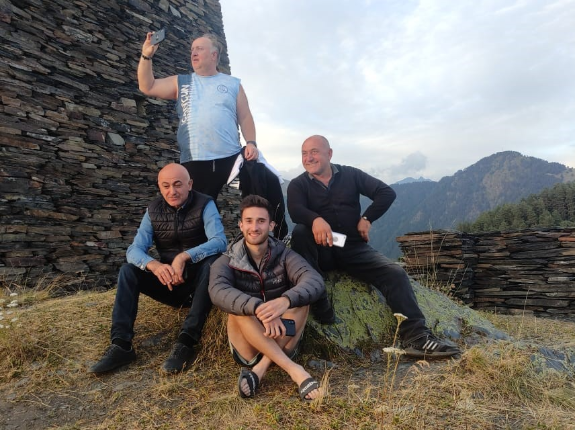
Grace Flerin - Women’s Institute for Alternative Development, Trinidad and Tobago
For the last four weeks I have been working on a virtual internship with the Women’s Institute for Alternative Development (WINAD). A women’s organisation working in Trinidad and Tobago to advance the position and visibility of women in the country’s society. Throughout the course of this internship, I have served as a researcher into past and present women’s museums. WINAD has a goal to produce their own digital museum, eventually wanting to create a physical museum. The research I have conducted has served as a guide to past and present women’s museums. This has focused on the most interesting presentations of women’s history in other institutions, gaining an understanding of key governance frameworks as well as exploring various policies that have influenced the creation and maintenance of these heritage institutions. This has been a thoroughly enjoyable and fulfilling internship and I would recommend anyone interested in exploring global history to take the opportunity to intern at one of the ICSC’s associated organisations.
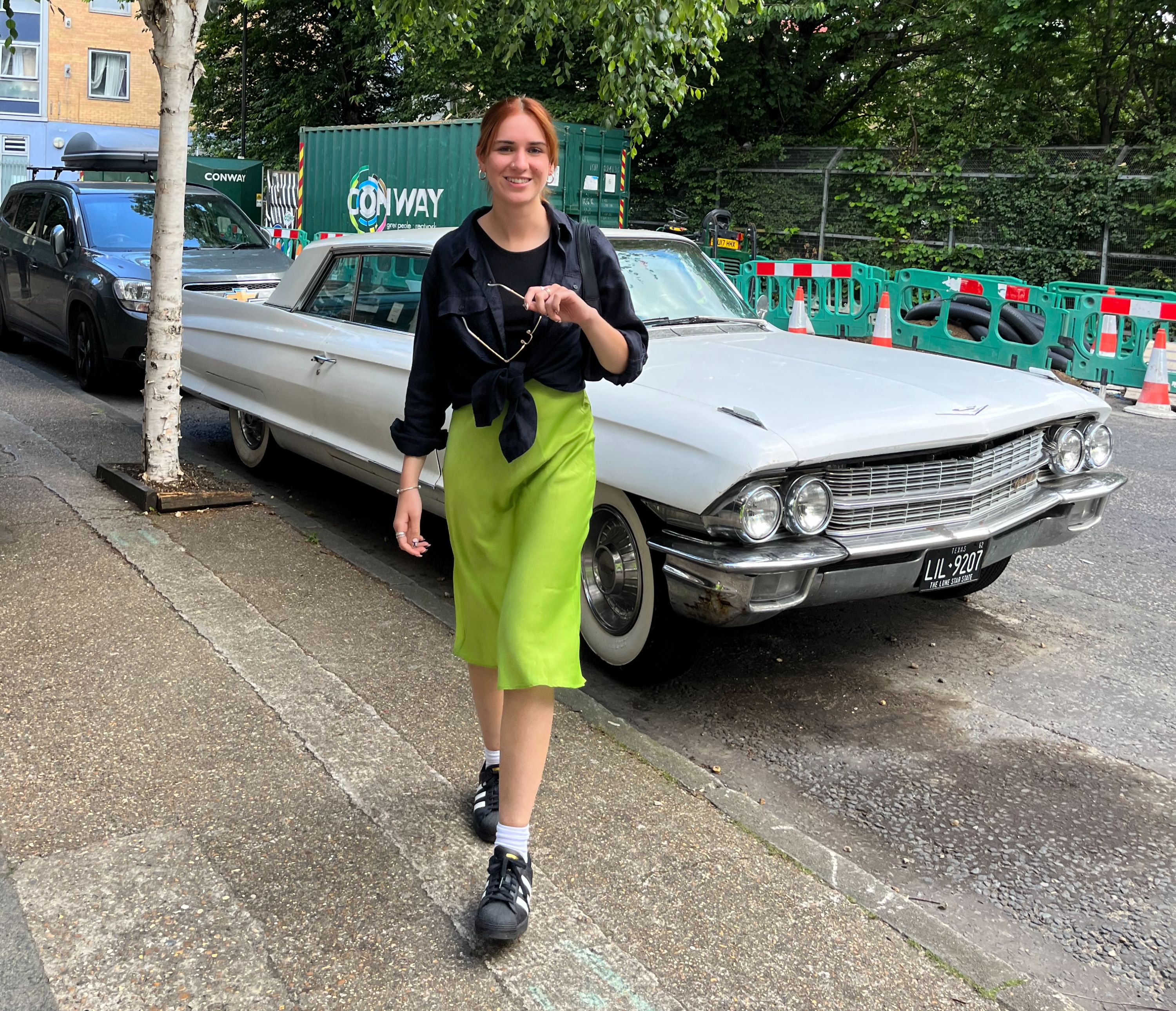
Sebih Oruc - Justice Access Point, Uganda
I have been working for four weeks at the Justice Access Point (JAP) virtually, a civil society organization from Uganda. JAP is working on many issues related with human rights, but its primary concern is countering hate speech-which was at the core of my internship. As a PhD researcher working on media and politics, hate speech was always an important issue for me, and I tried to help JAP in terms of developing strategies to counter hate speech. We had several meeting with the organization, and I was asked to read some reports and books to come up with locally applicable ideas about countering hate speech. I had to produce two short essays tackling the issue of hate speech in general and countering it in Uganda in particular. That part was when I really felt creative.
Other important task was that I had to propose solid strategies and guidance to be put in action. But these were informed with theoretical discussions about the issue. I produced an action plan for this task. First to have more followers, then to counter the hate speech.
The whole process was very nice in general. It was definitely enriching, both academically and culturally. Learning new contexts broadened my horizon.
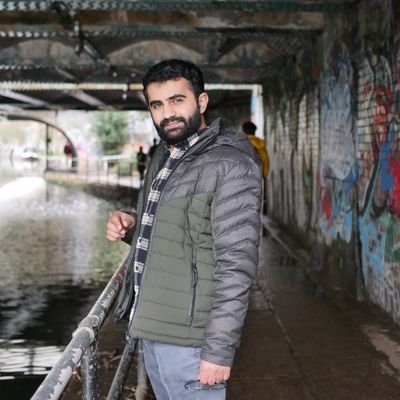
Jennifer Cooke - Preservation Virginia, USA
Ensuring that names of enslaved individuals could be preserved and digitised into a network of people felt like an extremely important task. Their current presence in archival records solely as ‘Inventory’ was a huge disservice to the time they spent in history living in a wider community. The largest pitfall of this project was a lack of usable information. Luckily, we were able to find names. In some cases, this had to be through finding them named at sites before and after Scotchtown and infer their presence. Their omission from official data and from anecdotal letters shows how overlooked these figures were in the day to day lives of the Henry family; however, their reintroduction here does show that they were not entirely forgotten. Ultimately, this project felt as though we were searching between the lines for real lives led.
